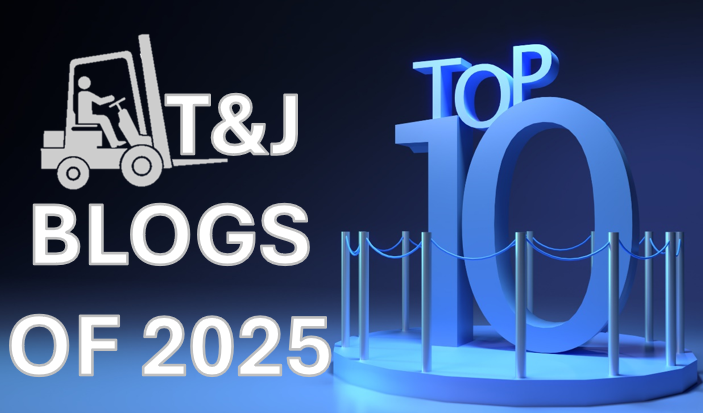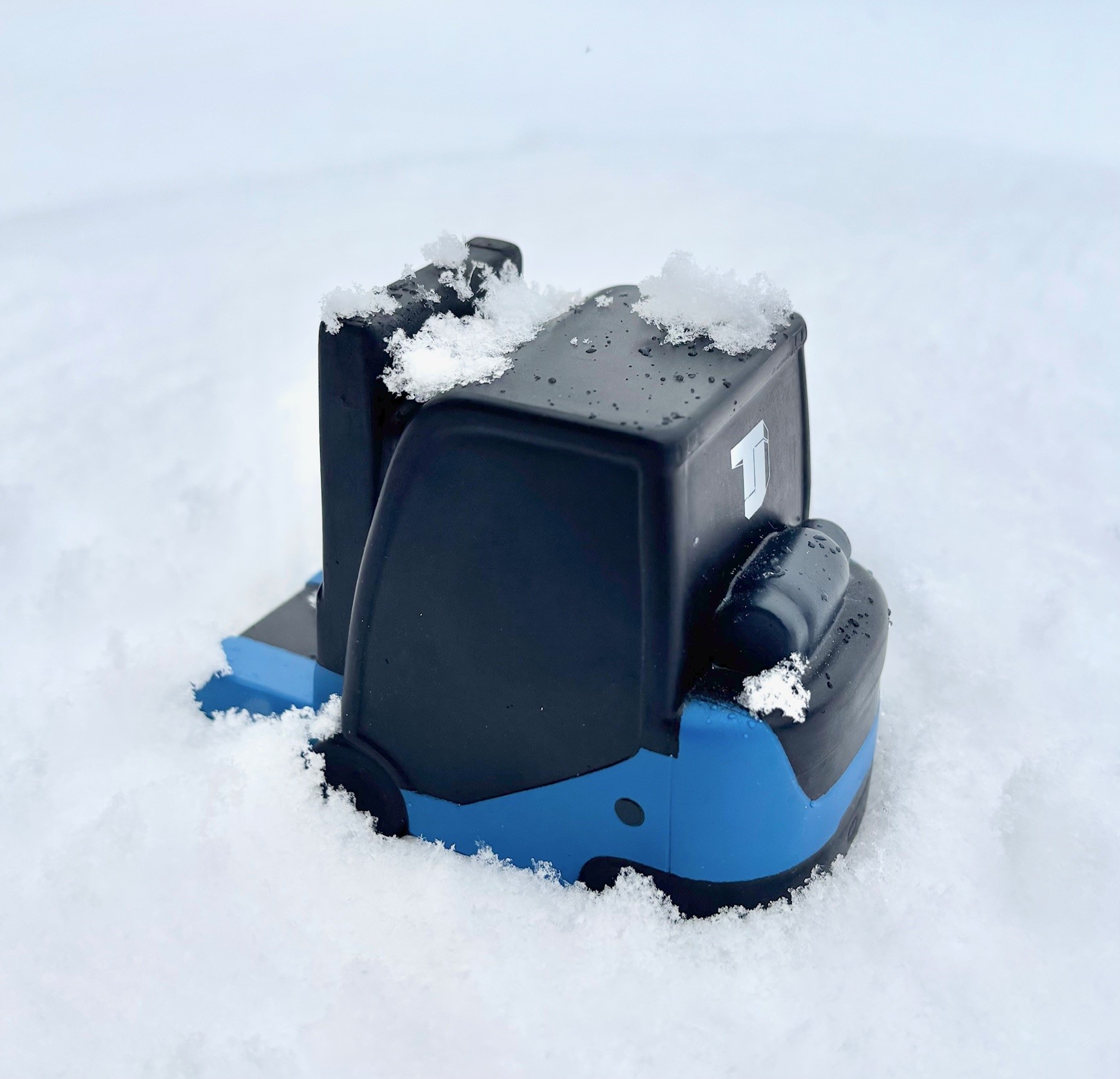There’s nothing standard about a pair of forklift forks. They are a key component to your forklift and not having the right type puts your product and employees at risk. If your company frequently switches forks or purchased the forklift secondhand, you may be at higher risk for having forks that aren’t compatible.
FORKLIFT FORKS SELECTION
What type of forklift are you operating?
Forklifts are divided into classes based on factors such as fuel type and function. Forks must meet industry standards that make them interchangeable, regardless of the lift truck manufacturer; however, they are specific to the capacity of the forklift. If your company has a mixed forklift fleet, never assume forks can be traded.
Are you using an attachment?
Forklift attachments also specify the use of specific forks. Research your operator manuals to know which forks are required.
What are you picking up?
Not everything is transported by pallets. You must know the basics of what you are picking up such as weight, dimensions and load center. “Having your forklift rated for capacity isn’t enough. Your forks must also be thick enough to safely carry the product,” states Dave Victory, Parts Manager. “If you’re picking up mixed loads, determine the heaviest product. For forks the same width, increasing the thickness from 1-1/2” to 2” doubles the fork capacity, making them more versatile.”
Having forks the same length as your load is also a misconception. For stability the forks must reach under only 75% of the load. Jim Burns, Customer Service Specialist, points out, “It is also important forks aren’t too long. Forks that stick out beyond the transported product are a driving hazard as operators hit racking, pedestrians and other obstacles.” Product damage also occurs when long forks bump items already sitting on the rack. If the fork tips have a strong impact, it can push product off. “If a co-worker is on the other side of the racking, they could be severely injured by falling product,” warns Jim.
Forks are not “one size fits all”. A better understanding of specifics about your forklift and loads will uncover the best fork options for your application.
Think you may have the wrong forks in operation? Our Thompson & Johnson team can help! Contact us today to speak with an equipment specialist!





Enjoyed reading it? Spread the word.